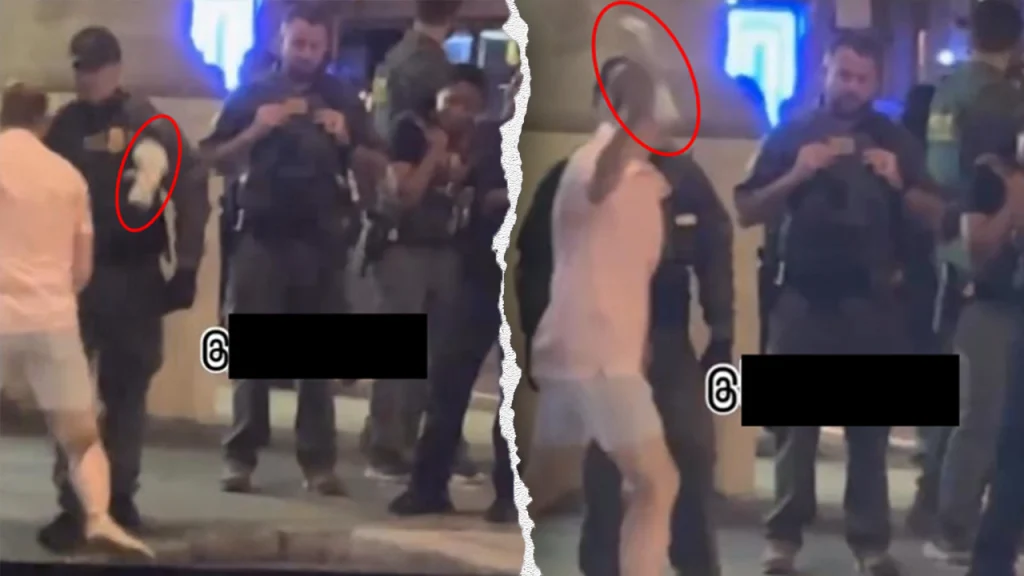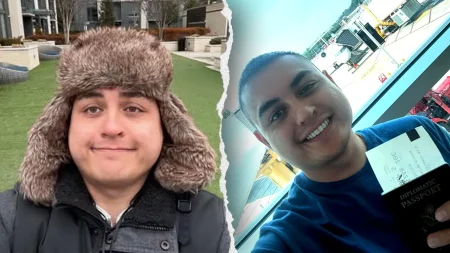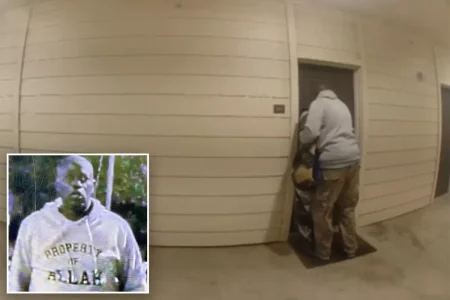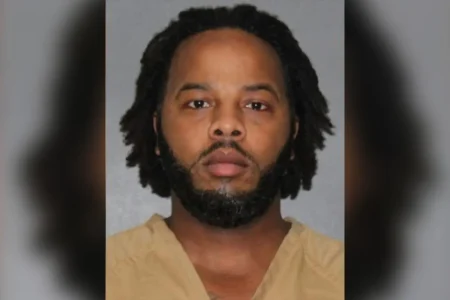Justice Department Worker Charged with Misdemeanor After Sandwich-Throwing Incident
In a surprising turn of events in Washington D.C., Sean Charles Dunn, a former Justice Department employee, now faces misdemeanor charges after allegedly throwing a sandwich at a U.S. Customs and Border Protection agent. The incident, which initially led to felony charges, took an unexpected legal turn when a grand jury declined to hand down an indictment on the more serious charge. This case has garnered attention not only for its unusual nature but also for how it fits into broader conversations about law enforcement tensions in the nation’s capital. U.S. Attorney for the District of Columbia Jeanine Pirro expressed her commitment to accountability despite the reduced charges, stating, “While this DC grand jury did not return a true bill consistent with the clear wording of the statute on the felony charge in this case, we will not waver in our commitment to public safety.”
The incident reportedly unfolded when Dunn confronted CBP Agent Gregory Lairmore on the streets of D.C. According to the criminal complaint, Dunn approached the federal officer, stood uncomfortably close to him, and unleashed a verbal tirade before the sandwich was thrown. “DUNN stood within inches of (Lairmore), pointed his finger in (Lairmore’s) face and yelled, ‘F— you! You f—ing fascists! Why are you here? I don’t want you in my city!'” the legal document states. Security footage captured someone who appears to be Dunn fleeing from authorities after the confrontation. The seemingly minor nature of a sandwich-throwing incident contrasts sharply with the serious response it generated, highlighting tensions between some D.C. residents and federal law enforcement.
The aftermath of the incident carried significant consequences for Dunn, who lost his position at the Justice Department following the accusations. During processing at Metropolitan Police Department’s Third District, Dunn allegedly confessed to the act, telling Officer Gurkaranjot Thandi, “I did it. I threw a sandwich.” This admission, documented in the criminal complaint, apparently did little to help his employment situation, as the Justice Department moved swiftly to terminate him. The case reveals the potentially severe professional repercussions that can follow even misdemeanor charges, particularly for government employees whose conduct is held to higher standards both on and off the clock.
This case emerges against a backdrop of what some officials have described as increasing “chaos” in the District. Pirro’s statement emphasized that “the chaos in this district must end,” suggesting that this incident, despite its seemingly trivial nature, represents part of a larger pattern of disorder that authorities are determined to address. The prosecutor pledged to “continue to seek the maximum penalties the law allows” even under the reduced misdemeanor charges, signaling a zero-tolerance approach to disrespect or aggression toward federal officers, regardless of the form it takes. The strong response to what some might consider a minor incident reflects growing concerns about public safety and respect for law enforcement in the capital.
The reaction to this case has been polarized, reflecting broader divisions in American society regarding law enforcement. Some view the initial felony charges as a disproportionate response to throwing a sandwich, while others see it as an appropriate consequence for disrespecting and physically confronting a federal officer. The case appears connected to what has been described as a Trump-led D.C. crime crackdown, with Pirro—known for her strong law-and-order stance—leading prosecution efforts. This context adds a political dimension to what might otherwise be seen as a minor altercation, placing it within larger debates about policing, protest, and the boundaries of acceptable public behavior.
As this case proceeds to trial on misdemeanor charges, it raises interesting questions about the boundaries between free expression and unlawful conduct, about proportional responses to minor provocations, and about the relationships between federal officers and the communities they police. While throwing a sandwich might seem trivial compared to more violent crimes, the case highlights how even small acts of defiance toward authority figures can have significant legal and personal consequences. For Dunn, a moment of anger has resulted in criminal charges and the loss of his government job. For law enforcement in D.C., the case represents an opportunity to establish that even minor forms of disrespect or aggression toward officers will not be tolerated. And for the public watching this unusual case unfold, it serves as a reminder of the fine line between expressing frustration and crossing into behavior that the legal system deems worthy of punishment.










